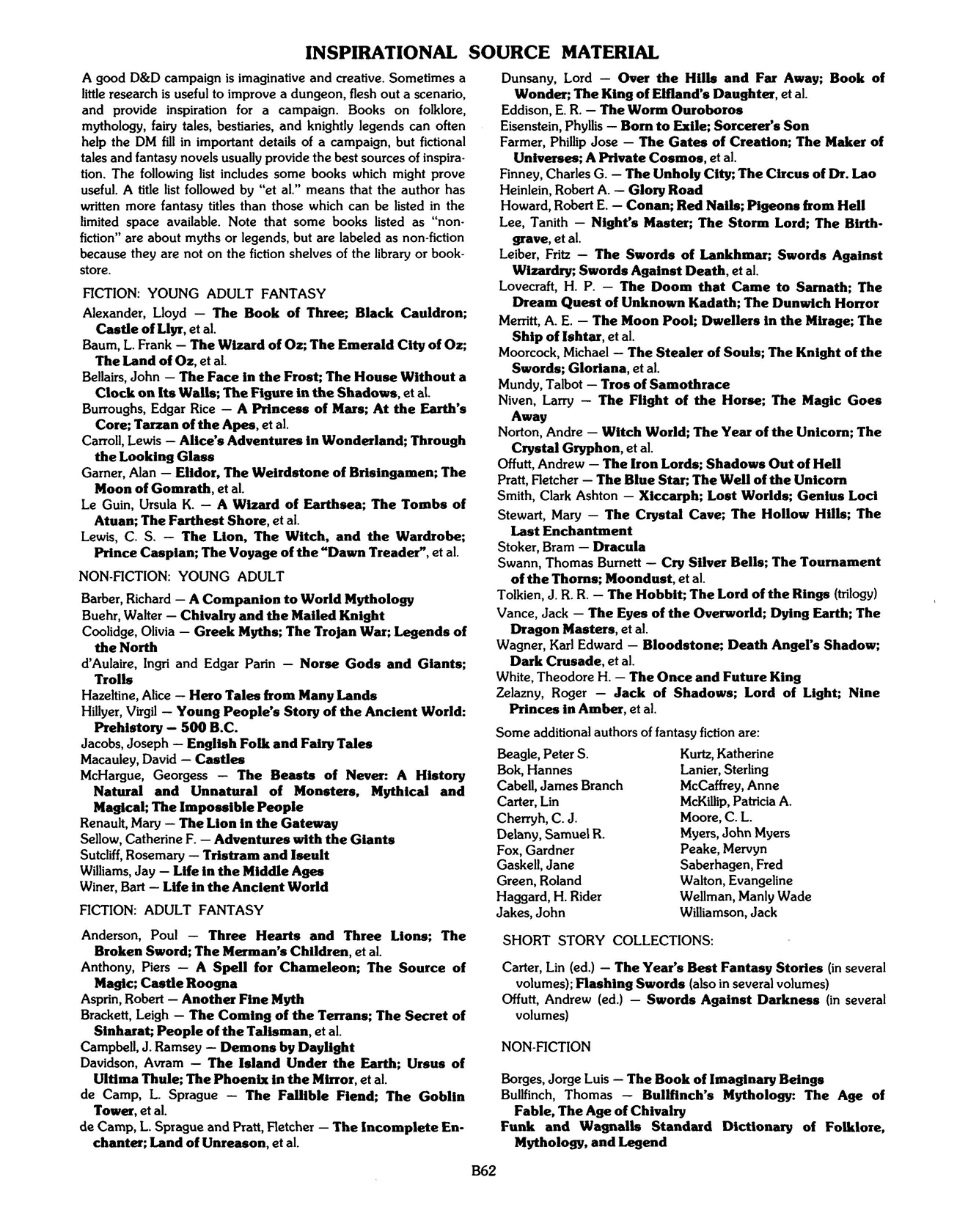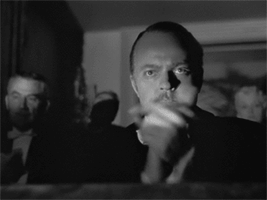Unwilling? humble beginnings? return to their peaceful life? None of these things describe Characters of the Middle Earth.
I think he means the Hobbits. But I wouldn't call them "unwilling" either - both Bilbo and Frodo WANT to explore the world and they are considered strange in their community for that, because TRUE Hobbits are basically ignorant farmers. Although there are Hobbits like Sam: someone who is merely doing his duty and follows his master, but doesn't really want any part of the journey they are undertaking. So Sam is more true to the nature of his race than Bilbo or Frodo. At least that's how I see it.
The motivation of nobody in the Middle Earth is a stupid, nonsesical reason to "save the world". And no book of it is about that. Everyone is moved for their own motivations, even a lot of them do it for a pure egoistical personal gain.
Actually, it kind of is. That's essentially what Frodo does when he subscribes to bring the Ring to Mordor. Though I guess you could argue that Frodo merely wants to help, even though he realizes this is much bigger than him. Sam wants to keep Frodo secure. These two aren't really acting "for a pure egoistical personal gain". Merry and Pippin jump in, because they want in on the action, so here is that.
Many of the main characters will take personal pleasure in killing their enemies and destroying them just for the sake of it.
Sure, but no Hobbit in the book is like that. There *is* one Hobbit who is described differently, but he is mentioned in the passing, like a legend. Otherwise Hobbits are described as peaceful folk.
Yeah. I find S.torch's criticisms a bit nitpicky because the basic fact is: Tolkienesque high fantasy and pulpy sword & sorcery are two
different modes of fantasy fiction that have a completely different approach to storytelling, worldbuilding, attitude about society, magic, civilization, morality etc. They also have a different lineage.
As I said in a previous post, it's easy to trace D&D's lineage through the sword & sorcery genre:
Early modern picaresques -> 19th century adventure fiction -> lost world, sword & planet, historical fiction of the early 20th century -> Howard, Smith, Lovecraft write fantastic and horrific stories for Weird Tales -> the sword & sorcery tradition is born
Ancient Greek, Roman, Celtic, Germanic mythologies -> oral tradition of fairy tales -> the first fantasy novels with a fairytale vibe in the 19th century -> Lord Dunsany -> J.R.R. Tolkien's Hobbit and later Lord of the Rings
Of course, there are cross-influences between the two - most of the major Weird Tales authors read some Dunsany (Lovecraft famously had a "Dunsanian period" in his writing, specifically when he wrote the dream cycle), and ancient and especially Nordic-Germanic mythology had a major influence on S&S as well (Howard REALLY loved Norse mythology). But overall, the sword & sorcery genre of the American pulps owed much more to classic adventure fiction than to mythology and fairytales when it comes to basic story structure and vibe... which makes a lot of sense because the format they were published in, monthly pulp magazines, was the home of adventure stories. So it's basically adventure stories except with ancient sword-wielding barbarians instead of modern American explorers.
Despite all the cross-influences, with the classic S&S authors drawing from some of the same sources as Tolkien and vice versa, the two subgenres of fantasy have clear differences between each other. They have different moods, worldviews, attitudes.
High Fantasy usually has clear distinctions between good and evil, heroes who tend to come from humble beginnings and take on a big quest that's larger than life and has at least somewhat altruistic motives (the main characters in both Hobbit and LotR are the hobbits, and all things considered Aragorn and Boromir are also relatively normal people within the context of knighthood: they are knightly protagonists similar to those of medieval courtly romances; meanwhile the real high power mystical characters like Gandalf are essentially side characters whom all of the main cast behold in awe and whose powers are barely explained), and features long epic journeys and (in post-Tolkienian high fantasy, which is inspired directly by the Professor's work) relatively large casts of characters.
Meanwhile S&S tends to be smaller in scope: no globe-trotting grand adventure to stop the great evil, but a localized adventure where the hero fights a sinister sorceress for the local lord. This is mostly owed to the beginnings of the genre in pulp magazines. A short story between 2000 and 10.000 words can't afford to be grand and epic, it has to be of smaller scale by necessity. The episodic character of most S&S is owed to its pulp beginnings. The protagonist usually works alone or with a single companion at his side, be it the barbarian's romantic interest (occasionally Conan has a chick with him, like Belit) or a trusty sidekick (Fafhrd and the Grey Mouser are the most well-known example of that). Large adventurer parties like in high fantasy - such as the Fellowship of the Ring which had Frodo, Sam, Merry, Pippin, Aragorn, Legolas, Gimli, Boromir, Gandalf all journey together and later be split up so they could all get their own chapters - are pretty much unseen in S&S. The outlook on the world is less optimistic and more cynical than in high fantasy. Where high fantasy presents a world beset by evil, but populated by good-natured characters who fight for what is right, to save their village/city/kingdom/the world, S&S characters tend to be outsiders who don't fit into civilized society, have a highly negative opinion of civilization, but have their own rough code of honor (be it a barbarian's honor or a thief's honor). There is no big great evil that can be defeated to restore peace to the lands, but evil and corruption lurks everywhere and the best the heroes can do is to rid one region from an evil sorceress/eldritch abomination/greedy bandit king and then move on in the knowledge that inevitably, bad shit will return, because that's just the way of things: wherever there's civilization, there will be rot and decay and evil will eventually arise.
The vibe of D&D, if we strip it of all the superficial trappings such as the existence of creatures taken straight from Tolkien's oeuvre, is much closer to S&S than it is to high fantasy.































